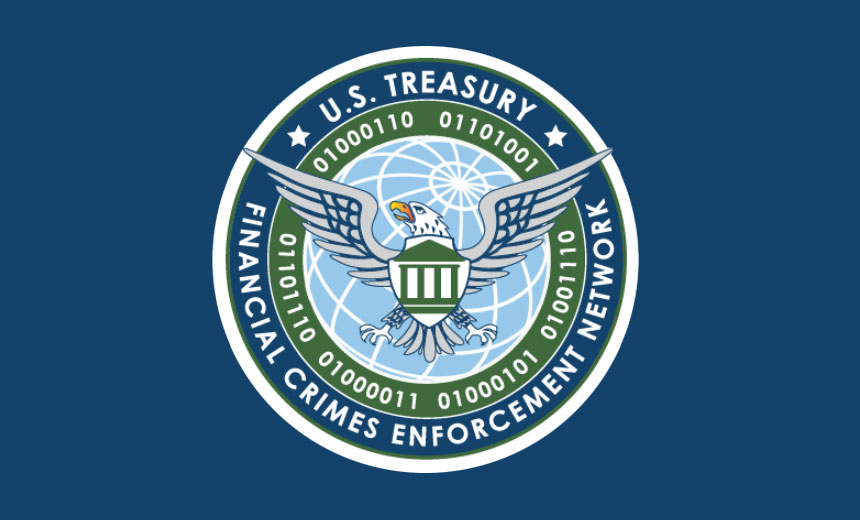 BLOCKCHAIN
BLOCKCHAIN
 BLOCKCHAIN
BLOCKCHAIN
 BLOCKCHAIN
BLOCKCHAIN
Cryptocurrency and related firms have come out against a proposal from the U.S. Treasury Department’s Financial Crimes Enforcement Network that would require any company dealing with digital currency to gather information on the identities of counter-parties.
The proposal, published Dec. 23, would require banks and money service businesses to submit reports, keep records and verify the identity of customers in relation to transactions involving what FinCEN describes as “convertible virtual currency” or digital assets with legal status. FinCEN is proposing that any company in a jurisdiction covered by U.S. law should adopt these requirements pursuant to the Bank Secrecy Act.
So-called illicit finance is the alleged motivating factor. “FinCEN proposes to address this threat by establishing a new reporting requirement with respect to certain transactions in CVC or LTDA [legal tender digital assets], that is similar to the existing currency transaction reporting requirement, and by establishing a new recordkeeping requirement for certain CVC/LTDA transactions, that is similar to the recordkeeping and travel rule regulations pertaining to funds transfers and transmittals of funds.”
Put more simply, the network wants oversight to make sure that cryptocurrency isn’t being sent to terrorists, drug runners, arms dealers, hackers and other nefarious actors. FinCEN specifically names ransomware gangs as one reason why it wants the new rule.
Despite the idea having seemingly good intentions, various players in the cryptocurrency market are not happy, led by Jack Dorsey, chief executive officer of both Twitter Inc. and Square Inc.
In a 4,600-word letter, Dorsey writes that the proposed new law, which would require the names and addresses of people if they make cryptocurrency transactions over $3,000, would actually make law enforcement more difficult as it would push unregulated services outside of the U.S.
“This creates unnecessary friction and perverse incentives for cryptocurrency customers to avoid regulated entities for cryptocurrency transactions, driving them to use non-custodial wallets or services outside the U.S. to transfer their assets more easily,” Dorsey claimed.
Andreessen Horowitz’s a16z cryptocurrency investment arm also came out against the proposal, claiming that it is a “rushed, non-vetted rule under the cloak of the holidays that violates the government’s own established rulemaking procedures.”
“The new rule, ostensibly aimed at fighting financial crime, would require various cryptocurrency entities to collect and report detailed personal identifiable information of their customer’s counter-parties, a standard applied to no other sector of the financial industry today,” a16z’s Katie Haun wrote.
Haun also claimed the proposal violates the Fourth Amendment by expanding the reach of the Bank Secrecy Act. The Fourth Amendment protects U.S. citizens from unreasonable searches and seizures by the government.
Whether the proposal will become law is a different consideration. The proposal comes in the final days of the Trump administration and may not yet become a legal requirement given that a change of government is due later this month.
Support our mission to keep content open and free by engaging with theCUBE community. Join theCUBE’s Alumni Trust Network, where technology leaders connect, share intelligence and create opportunities.
Founded by tech visionaries John Furrier and Dave Vellante, SiliconANGLE Media has built a dynamic ecosystem of industry-leading digital media brands that reach 15+ million elite tech professionals. Our new proprietary theCUBE AI Video Cloud is breaking ground in audience interaction, leveraging theCUBEai.com neural network to help technology companies make data-driven decisions and stay at the forefront of industry conversations.